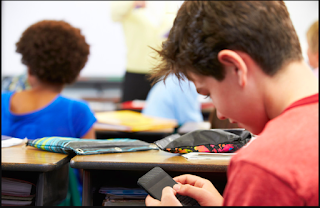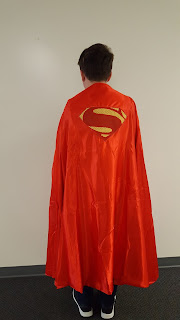Soul Force Research
 |
| link: https://goo.gl/images/c8Rwhb |
This is my second blog post about my Soul Force Project. Our problem is to try and solve how to fix the fact that teens are on their phones a lot during school and make phones be less of a distraction. It is still important because it is an ongoing problem and I can imagine we have many teachers throughout the state of Kansas, in the United States, and all over the world who are experiencing this with their students!
After we worked on our pre-search, we had some questions we still needed answered. So in the spirit of solving this problem and doing our best to not be behind on this, we set out on our journey through the thousands to millions (and on) of articles online about our topic and related subjects.
One of my questions I had was, " Does technology inform teens on false information sometimes?" I looked at the article which can be found at, https://theconversation.com/misinformation-on-social-media-can-technology-save-us-69264 and this gives (in general) an idea about just how reliable our sources for news are. One quote from the article was, "If you get your news from social media, as most Americans do, you are exposed to a daily dose of hoaxes, rumors, conspiracy theories and misleading news." I could see this being true, and I say that for at least one major reason. As humans we all make mistakes, and with many, many examples of this our news sadly just gets scrambled up like a bunch of eggs. Another quote from the article, " We humans are vulnerable to manipulation by digital misinformation thanks to a complex set of social, cognitive, economic and algorithmic biases." You may be wondering what the whole "cognitive, economic and algorithmic," parts are about; however that digs deep into what I am just scraping the surface of here!
 |
| An example of how this worked for the project! |
This problem in no way will ever be oblivious and doesn't completely seem to be an obscure topic. Although many teens spend a lot of time on their phones.

Comments
Post a Comment